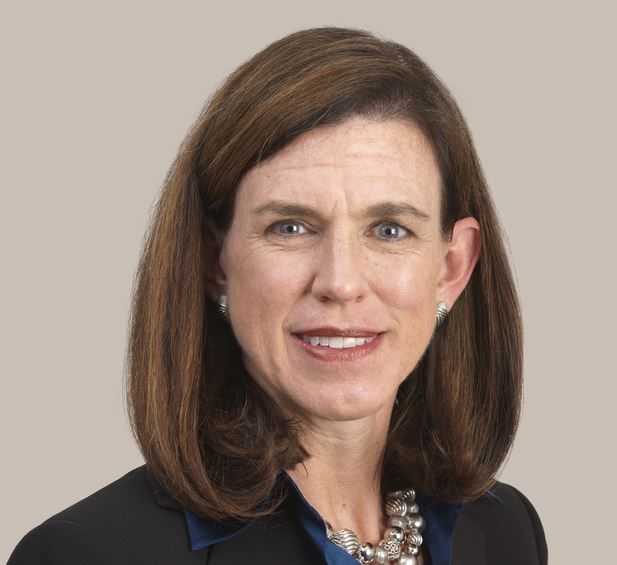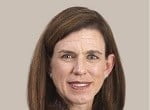Inflation pressures may accumulate rapidly in the UK, and could lead to an interest rate hike “in the near future”, Professor Kristin Forbes, external Member of the Monetary Policy Committee of the Bank of England, said in a speech at the Institute of Economic Affairs on Tuesday.
Prof. Forbes, an American economist, agrees that the Bank of England (BoE) should hold the benchmark interest rate at 0.5% for the time being, a rate it has held since 2009.
For the moment, asset price bubbles in the financial sector and levels of consumption and savings were “moderate and manageable,” she said.
Prof. Forbes explained:
“All of these trends merit close attention. Any could factor into a case to tighten monetary policy in the near future. But they do not currently appear to be generating a sufficient cost to merit a change in interest rates today.”

Professor Kristin Forbes has been an MPC member since July of 2014. She is also the Jerome and Dorothy Lemelson Professor of Management and Global Economics at the Sloan School of Management at the Massachusetts Institute of Technology. (Image: Bank of England)
The Monetary Policy Committee (MPC), which consists of nine members, decides each month what level interest rates should be set at. According to the BoE “The MPC sets an interest rate it judges will enable the inflation target to be met.”
In their January meeting, all nine members voted to leave interest rates unchanged at 0.5%. It was the first time in six months that all members voted unanimously. The two hawks, Ian McCafferty and Martin Weale, had voted six times to raise rates.
However, following the plunge in oil prices which pushed UK inflation to near zero, Mr. Martin and Mr. McCafferty changed their minds in January.
Low inflation factors will fade
It might sound strange, even silly to consider raising rates with inflation heading down the way it is, Prof. Forbes acknowledged. However, the external factors that drove the decline in prices, such as the strengthening of the pound and plummeting oil prices, will soon fade, she warned.
Nobody can be sure which way inflation will go over the short or medium term. It may prove stronger or weaker than expected, she added.
Prof. Forbes said:
“The bottom line however, is that the current policy of near-zero interest rates does not yet appear to be generating incipient inflationary pressures that could not be addressed in a timely fashion as needed.”
When they do come “…gradual increases in interest rates, if they occur in a timely fashion, should not derail the UK recovery, but instead support and strengthen it,” she concluded.
Earlier this month, Mark Carney, the Governor of the Bank of England, told Britain to enjoy low rates while they last. He also urged employers to raise wages.

